Saving Private Ryan and how to be good, yet unclear

Ach ja, Saving Private Ryan is a good movie, at least in the sense of being genuinely engaging and fun to watch (though not necessarily the happy kind of fun), with its 20-minute long sequence of the D-Day landing most likely living rent-free in my brain for a good time. However, while enjoying it as a story, its themes and messages seem to be a bit muddy in my understanding, which unfortunately, despite not being a major factor, gives me no real closure for an otherwise fantastic experience. Spoilers ahead.
While the discussions about the nature as a war movie and whether it is pro or anti-war is definitely worth having and absolutely being part of my confusion, my attention lies on one of its ending scenes: Killing “Steamboat Willie”.
Saving Private Ryan is about… well, saving a soldier named Ryan. After their landing on Omaha Beach, a squad of american soldiers gets instructed to find Private Ryan and get im home safely, as his three other brothers were reported dead and is now the only child left (Sole Survivor Policy). Captain Miller and his team encounter the german army several times on their quest, one of those times being at a radar site defended by a machine gun nest.
The attack ends in the favor of Captain Millers team, though without casualties: Their medic was fatally injured and put to death via overdosing on morphine. Some truly hard hitting stuff. In their rage, they almost kill the only surviving german soldier, nicknamed “Steamboat Willie”, but opted out, after Upham convinced the team to let him live, as killing an enemy prisoner is not just wrong, but also a war crime. After digging a grave for their fallen comrade, Steamboat Willie was blindfolded and instructed to walk into the direction of an allied camp and let himself be captured by the other american soldiers. This decision was only partially taken well, but after Captain Miller tells about his past, everyone accepts it.
The movie continues with the squad finally finding Private Ryan and defending a bridge against a german tank platoon. Near the end of the battle, the viewer is however greeted with a familiar face: Steamboat Willie. As it turns out, the captured german soldier was picked up by the german army and put back to fight, killing another american soldier and shooting Captain Miller. After reinforcements arrive, the remaining german soldiers try to flee but are stopped by Upham, telling them to surrender. Steamboat Willie recognizes Upham and calls his name, after which Upham shoots him down and tells the other german soldiers to get lost.
The immediate implication should be clear: Upham initially saved the german soldier, only for him to join back the german army, resulting in the death of another soldier and Captain Miller, meaning Upham killing Steamboat Willie can be read as “righting a wrong” that goes beyond just taking revenge. The german soldier was given a second chance and from the perspective of Upham, didn’t take it, thus killing him.
The movie does in fact talk about the concept of second chances, being both tied to Captain Miller and Private Ryan, so reading the death of Steamboat Willie in the same way would make sense… it just feels weirdly off, however.
Upham is an interesting character. Never shot a gun outside of training, he basically plays the role of an interpreter, not a soldier, being stunned at the sight of combat and hesitant to shoot a rifle. My first impression of him was that of an outsider, one not yet jaded to the horrors of war and an audience surrogate. It is through his eyes we see the cruelty in the film, as well as his personal change. Again, he goes from actively defending an enemy soldier and being too paralyzed to save his dying comrades, to straight up executing Steamboat Willie. This character “development” (deconstruction might be a more applicable term), caused by the experience of war is a solid bit of writing in its own way, but where does it lead to?
While Saving Private Ryan certainly shows the terror that is war, it is not necessarily about it. The movies final act is a heroic action climax, after all and killing german soldiers is fun, as the moral ambiguity let’s us enjoy violence against them, while having a clear bias towards the american soldiers.
The Bridge is defended, Private Ryan is saved and we close the frame story with the conclusion that everything that happened, was worth it. The film certainly plays more to the idea of second chances and “earning it”, than war changing us. It was there that I asked the question: So why did they have to kill Steamboat Willie? It is not a real story, Spielberg made it that way.
As already explained, it works in the narrative as Uphams character arc, but this arc also seems more like a byproduct, than something with a clear or thoroughly thought through meaning behind it. I am absolutely fine with stories being up for interpretation, but when I can come up with several interpretations and none that satisfy me in a way I am at peace with, there might be something in the movie that causes this conflict. I also don’t think this makes Saving Private Ryan a bad movie, quite the opposite in fact. I clearly got something out of the movie, at least two things that are, by itself, quite powerful with more stuff to see in the rest of the film. Its conclusion being unclear for me to digest, might hold me back from enjoying the film as much as I could, but I still like the movie, nonetheless.
Maybe I am just too biased to the idea of films serving as a moral vehicle, of judging bad actions and portraying moral ones as good. I don’t think Uphan just should have shot the german soldier. Steamboat Willie deserves to life in the same way all the american soldiers we followed for two and a half hours deserve to life. They are all guilty of the same crime, though perspective is key here, I guess. We never see Upham again. In the same way we don’t get a shot of the family left behind by Steamboat Willie, either. Concerning the movie, World War II ended the moment Tom Hanks shot a Tiger tank with a pistol, like an absolute badass, and an old Private Ryan cries over the grave of Captain Miller.
This was the second time writing this post, with the first one being an absolute mess and far from my actual thoughts about the film. Bottom line: Being unclear in its final meaning on everything doesn’t take away all the meaning that is there to be found throughout.
Saving Private Ryan is available on Netflix.
Related Posts
Comments













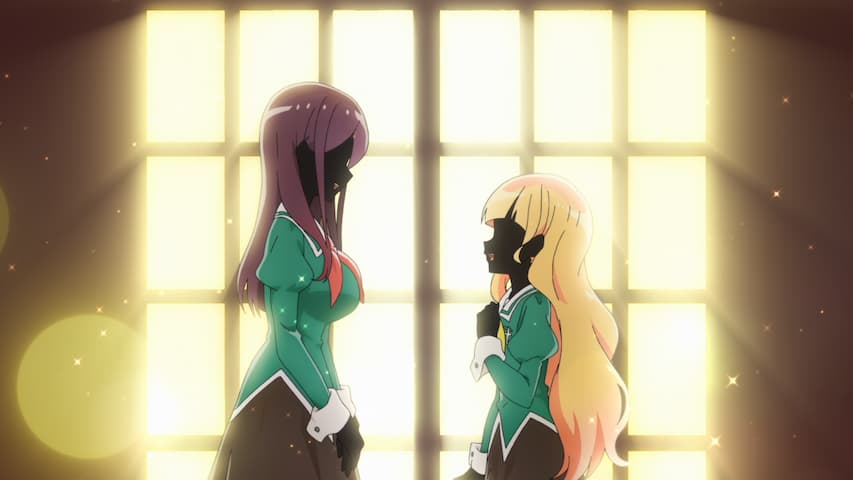
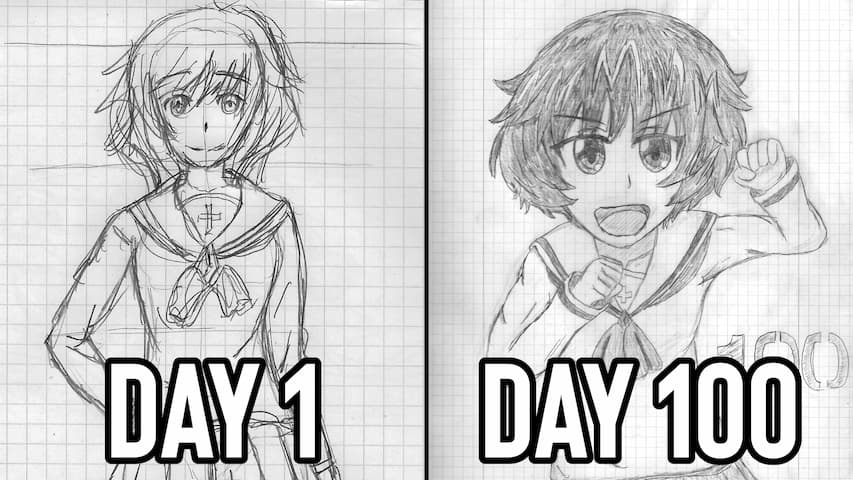




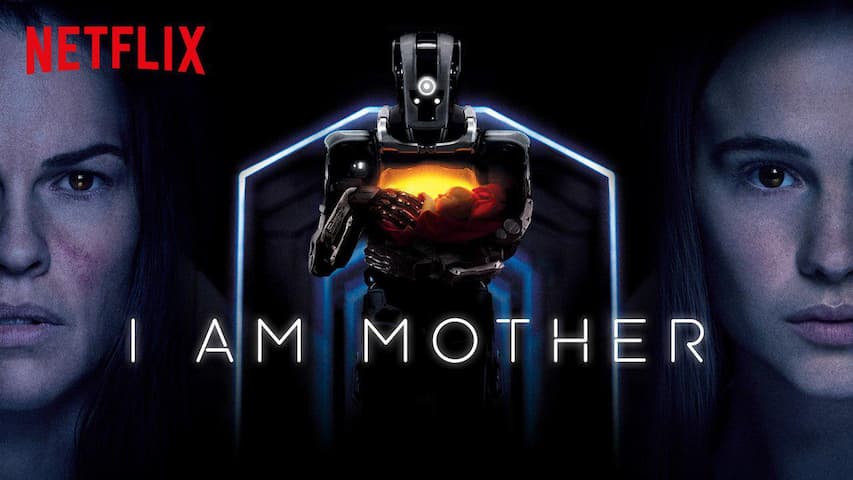
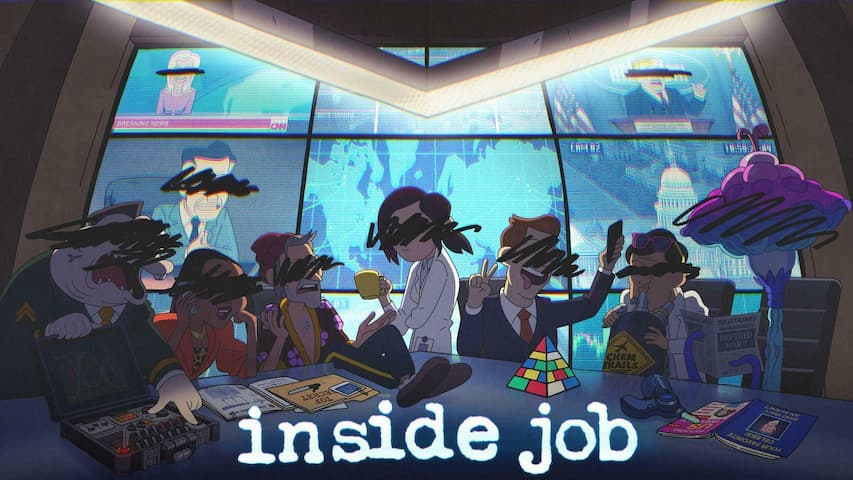











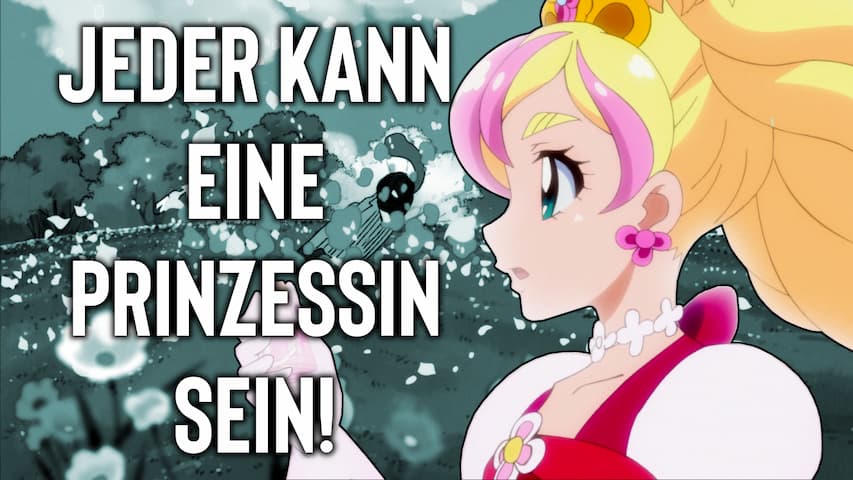




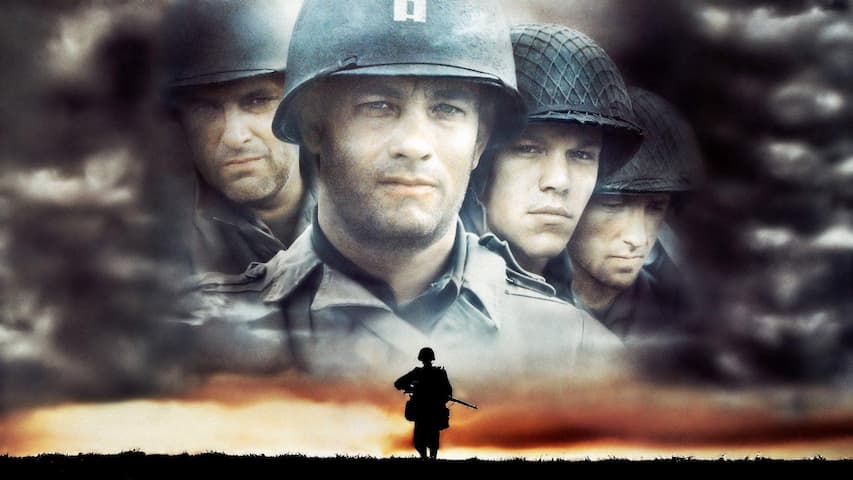


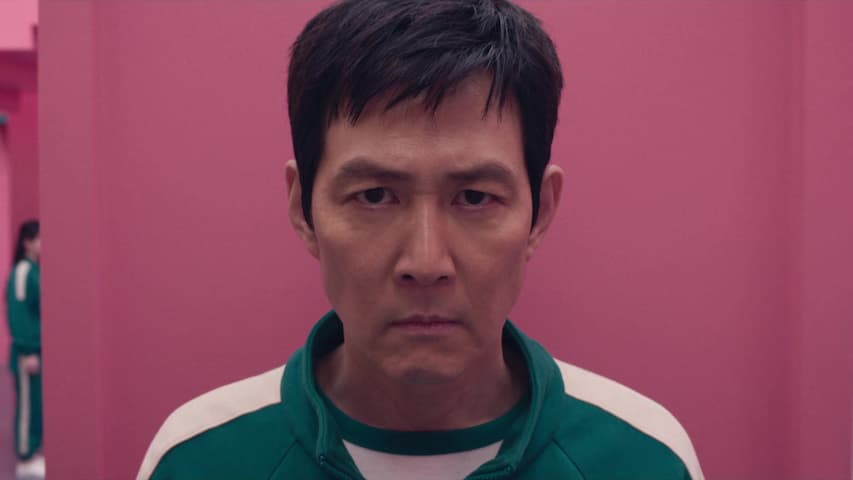
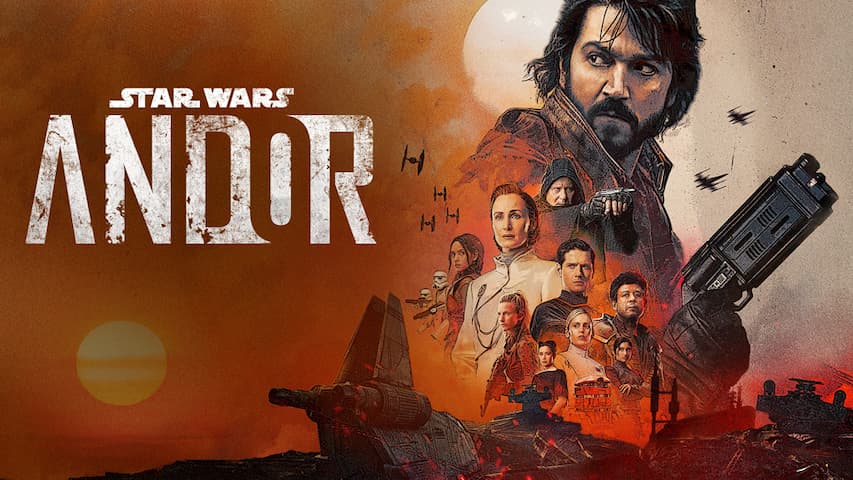

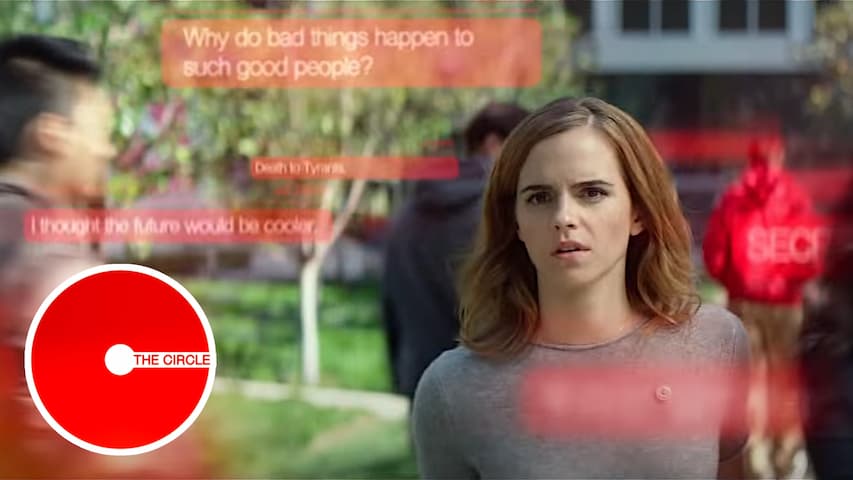

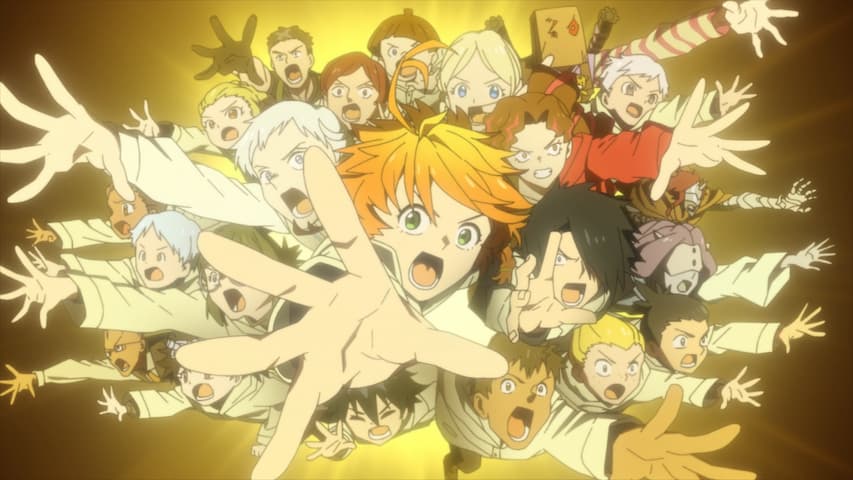
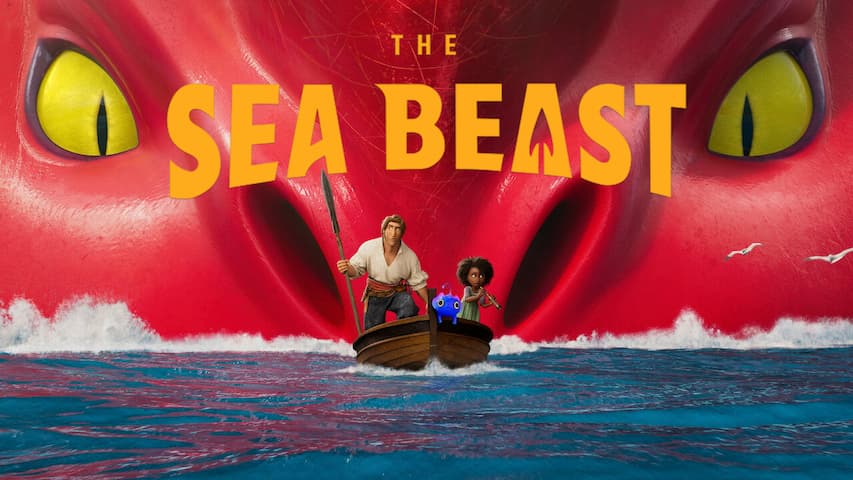





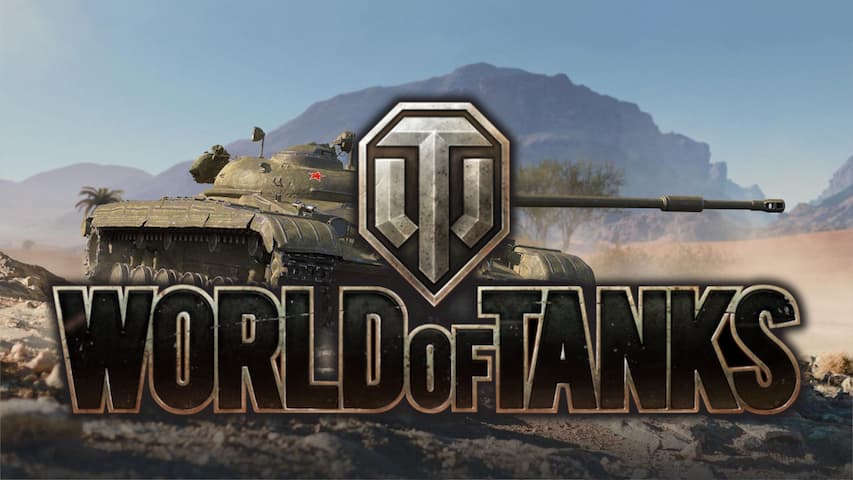

Recent Posts
2583 Words | February 8, 2026
2716 Words | December 28, 2025
3211 Words | December 12, 2025
1515 Words | October 30, 2025
7804 Words | October 3, 2025